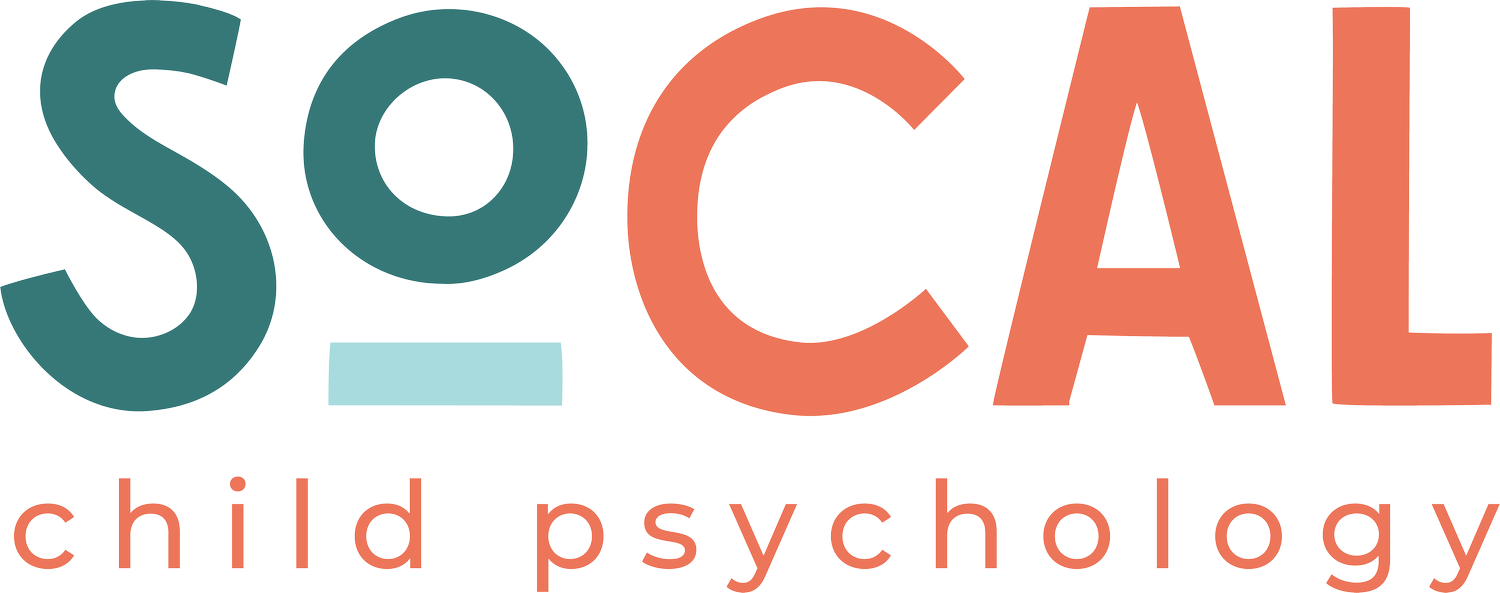How Does ADHD Affect Executive Functioning?
Executive functioning refers to the different cognitive abilities a person has. These abilities include things like organizing, planning, making rational decisions, and being able to control their impulses.
As child therapists in La Jolla, we see how ADHD can have a significant impact on executive functioning in kids, affecting everything from their homework, friendships, and communication.
While people deal with ADHD in different ways, there’s no question that some of the symptoms of ADHD have a substantial effect on certain cognitive abilities.
Let’s take a closer look at how ADHD affects executive functioning and what you can do if you or your child have been diagnosed with ADHD.
The Difficulties of ADHD Concerning Executive Functioning
Not everyone will have the same symptoms; some might excel more in certain areas than others.
However, there are some common issues most people with the disorder face when it comes to executive functioning.
For example, one of the most common symptoms of ADHD is difficulty focusing.
You might have a hard time keeping your attention on one thing for an extended period of time.
ADHD can also impact your working memory.
This makes it difficult to hold onto things you just learned or heard, so you might have difficulties following instructions or remembering sequences.
Many people with ADHD also have trouble staying organized or planning ahead.
This often leads to procrastination.
Things like poor time-management skills and difficulties making decisions can also impact your life, and they’re often a direct result of ADHD symptoms.
ADHD and the Brain
People with ADHD have brains that tend to process things differently.
Things like neurotransmitter imbalances are common in those with ADHD and can contribute to executive dysfunction.
Many people with ADHD also have an underactive prefrontal cortex.
This is the area of the brain responsible for things like decision-making.
When it isn’t as active as it should be, it can lead to procrastination, impulsive behaviors, and other issues that impact a person’s cognitive abilities.
What Are the Challenges of ADHD?
As you might expect, the negative impact ADHD has on executive functioning can take a toll on nearly every area of your life.
For children, it can impact their academic performance.
They might have difficulties paying attention, remembering things, or staying organized to prioritize tasks.
As adults, these issues can carry over into the workplace, potentially jeopardizing a healthy career.
ADHD can also impact your life socially, starting with self-regulation issues.
Things like time management and lack of focus can also be damaging to relationships and frustrating for both people involved.
Impaired executive functioning can make it difficult to work through daily tasks.
Everything from showing up on time to staying organized and getting things done can be more difficult because of ADHD.
ADHD Therapy in San Diego
While living with ADHD comes with its challenges, it is possible to have a happy, healthy, and relatively normal life with the disorder.
Receiving a proper diagnosis is the first step. We provide ADHD evaluations to children, teens, and adults in San Diego.
Many people view ADHD as a children’s disorder, but that’s mainly because kids are diagnosed more frequently than adults.
If you have the symptoms of ADHD, even as an adult, reaching out to a psychologist can be an important first step. If you are seeking to understand ways to support yourself better, an evaluation can provide you with answers.
If you already know you have ADHD and you’re struggling with executive dysfunction, there are resources that can be helpful including:
Medication: We recommend connecting with a psychiatrist in San Diego who can help identify if medication could be helpful for you.
Academic accommodations: If you are the parent of a child or teen in San Diego and their ADHD symptoms are affecting their educational experience, accommodations may provide them with support. If you child is in a private school in La Jolla, schools often provide academic supports for kids as well. To understand educational accommodations in San Diego, check out this resource.
ADHD Counseling in La Jolla: For children and teens, we provide therapy for ADHD. Our process at SoCal Child Psychology involves supporting your entire family with ADHD. At our therapy sessions, we help you understand how to best support your ADHD child.
Unfortunately, it’s not uncommon for those with ADHD to struggle with self-esteem issues or have a hard time focusing on their strengths.
Therapy is an excellent way to support your child or teen’s executive functioning, even if they haven’t been diagnosed with ADHD.
In addition to therapy, we also provide psychological evaluations and ADHD testing in San Diego and La Jolla. These assessments help families better understand a child’s learning strengths, attention challenges, or emotional needs — and provide clear recommendations for school and home.
To learn more about our child and teen therapy in San Diego, reach out to us here.


